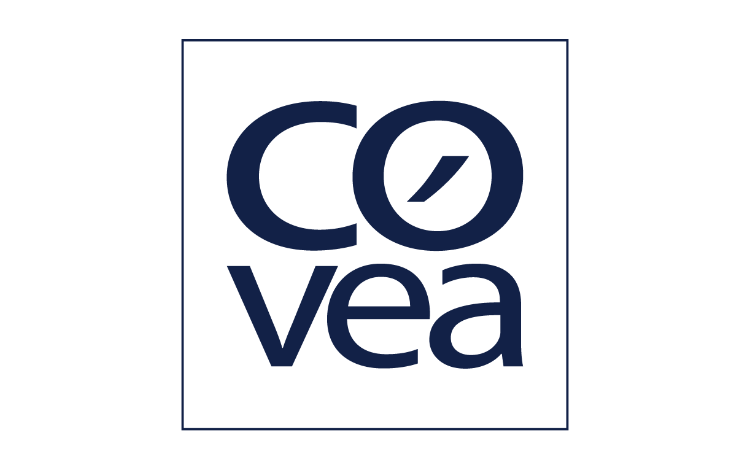Here are the most relevant developments in the world of structured reporting we became aware of in the course of last week.
1 Banks set to adopt XBRL for financial reporting
2 Significant improvements in data quality over first six years of Solvency II
The European Insurance and Occupational Pensions Authority (EIOPA) has published a fascinating report taking stock of data quality in Solvency II disclosures, and how it has developed in the six years since this XBRL reporting requirement was introduced. “Reliable data is the basis for successful data-driven supervision, evidence-based decision making and micro- and macro-prudential analysis,” argues the report – and we heartily agree.
Increasing automation in reporting and technically enforced rules continue to improve data quality of reports – these are critical developments.
3 New ESEF filings and countries available – catch up on filings.xbrl.org
Our filings repository at filings.xbrl.org continues to expand, and we are delighted to note that it now contains over 4,000 European Single Electronic Format (ESEF) reports. In particular, we have recently been able to add filings from two new countries: Cyprus and Romania. Each report can be browsed online using an XBRL viewer, downloaded in its original format, or grabbed as xBRL-JSON data.
Much obliged to XBRL International for this proto-ESAP – we cannot wait for the real thing, though, especially when it includes ESRS!
—————————————————————
Christian Dreyer CFA is well known in Swiss Fintech circles as an expert in XBRL and financial reporting for investors.
We have a self-imposed constraint of 3 news stories each week because we serve busy senior leaders in Fintech who need just enough information to get on with their job.
For context on XBRL please read this introduction to our XBRL Week in 2016 and read articles tagged XBRL in our archives.
New readers can read 3 free articles. To become a member with full access to all that Daily Fintech offers, the cost is just USD 143 a year (= USD 0.39 per day or USD 2.75 per week). For less than one cup of coffee you get a week full of caffeine for the mind.
Related








































